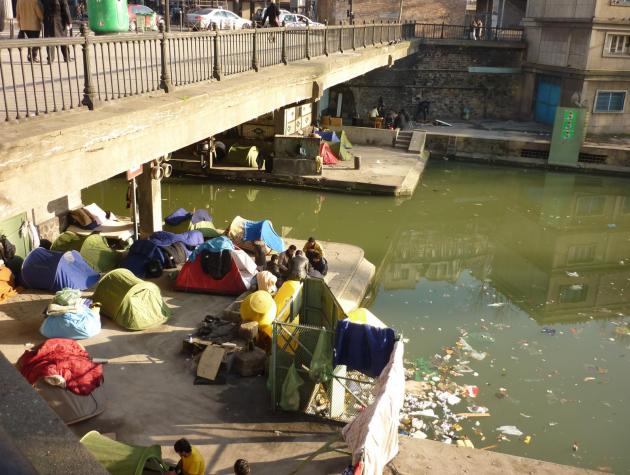Forthcoming: The Appeal and Danger of a New Refugee Convention (Social Theory and Practice)
Full Title: The Appeal and Danger of a New Refugee Convention (Forthcoming)
Author: Luara Ferracioli
Type: Journal Article (Forthcoming)
Abstract
Two important questions lie at the core of the philosophical literature on the ethics of migration: the conceptual question of who counts as a refugee, and the normative question of how states should assist those in need of asylum. With regard to the former, the Convention Relating to the Status of Refugees specifies that refugees are persons who are living outside their country of citizenship or residence, who have suffered or have a well-founded fear of suffering persecution at the hands of their government (or groups supported by their government) in virtue of their race, religion, nationality, membership of a particular social group or political opinion (Art. 1A). With regard to the normative question, the Convention specifies that when a refugee makes her way to another country, that country is under an obligation not to return her to a country in which she is in danger of suffering persecution (non-refoulement, Art. 33 (1)). Taken together, these two specifications provide the basic legal framework for the current international system of refugee protection.
Read a sample of this article here.
Author Bio
Luara Ferracioli was born in 1984 in Brazil. She completed a Bachelor Degree in International Relations in 2006, at the Universidade Curitiba. In 2007, she completed a Master in Arts at the University of Melbourne, Australia. She completed her PhD at the Centre for Applied Philosophy and Public Ethics, at the Australian National University in August 2011. Her research interests include gender, migration, multiculturalism and distributive justice. Her PhD thesis proposes a new model of migration that attends to the vulnerability of persons living in failed states. Most recently, she has also coordinated two national advocacy projects for the YWCA of Australia. In her post-doc she will focus on the brain drain of skilled workers and on the role of remittances in tackling global poverty.




